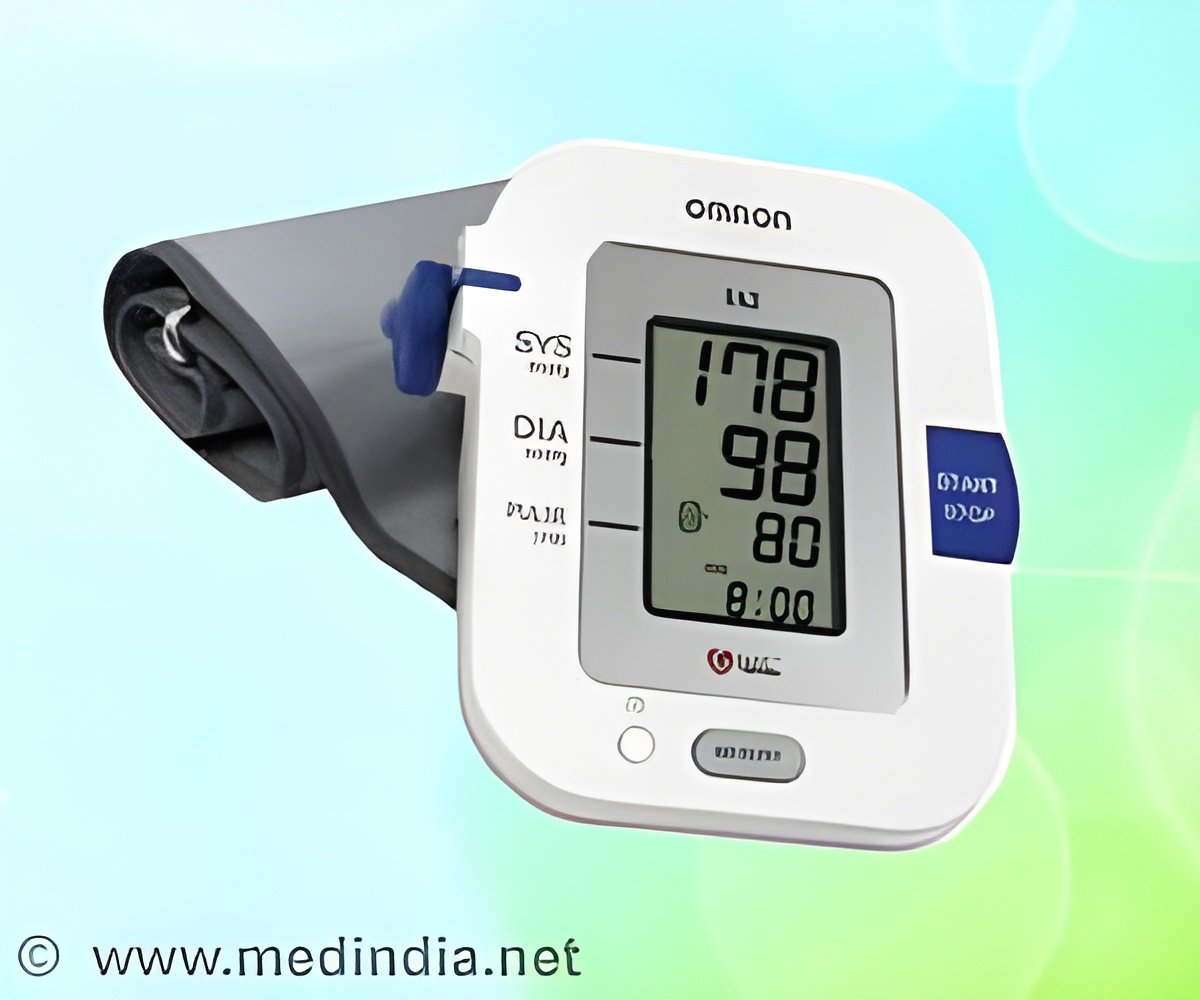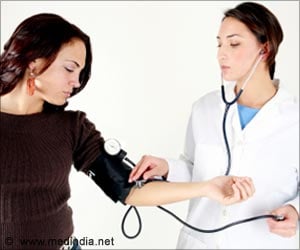A study has found that children with one or more high blood pressure readings were about three times more likely to develop the condition as adults.

- The rate of high blood pressure during adulthood was 8.6 percent among those who didn't have high readings as children.
- The rate rose to 18 percent among those who had at least one high reading during childhood.
- The rate jumped to 35 percent among those who had two or more high readings during childhood.
In 1986, researchers began following 1,117 adolescent children who lived in Indianapolis. Blood pressure readings were taken by a school nurse or during a doctor's office visit, and the children were followed for 27 years. Among the study participants, 119 were diagnosed with high blood pressure as adults. Fifty-nine percent of the adults diagnosed with high blood pressure had been overweight or obese as children. Childhood obesity is a risk factor for high blood pressure and heart disease in adulthood.
"This study highlights the need for pediatricians to regularly check blood pressure and weight," said Wanzhu Tu, Ph.D., study author and professor of biostatistics at Indiana University School of Medicine in Indianapolis, Ind. "An occasional increase in blood pressure does not justify treatment, but it does justify following these children more carefully."
Source-Eurekalert















